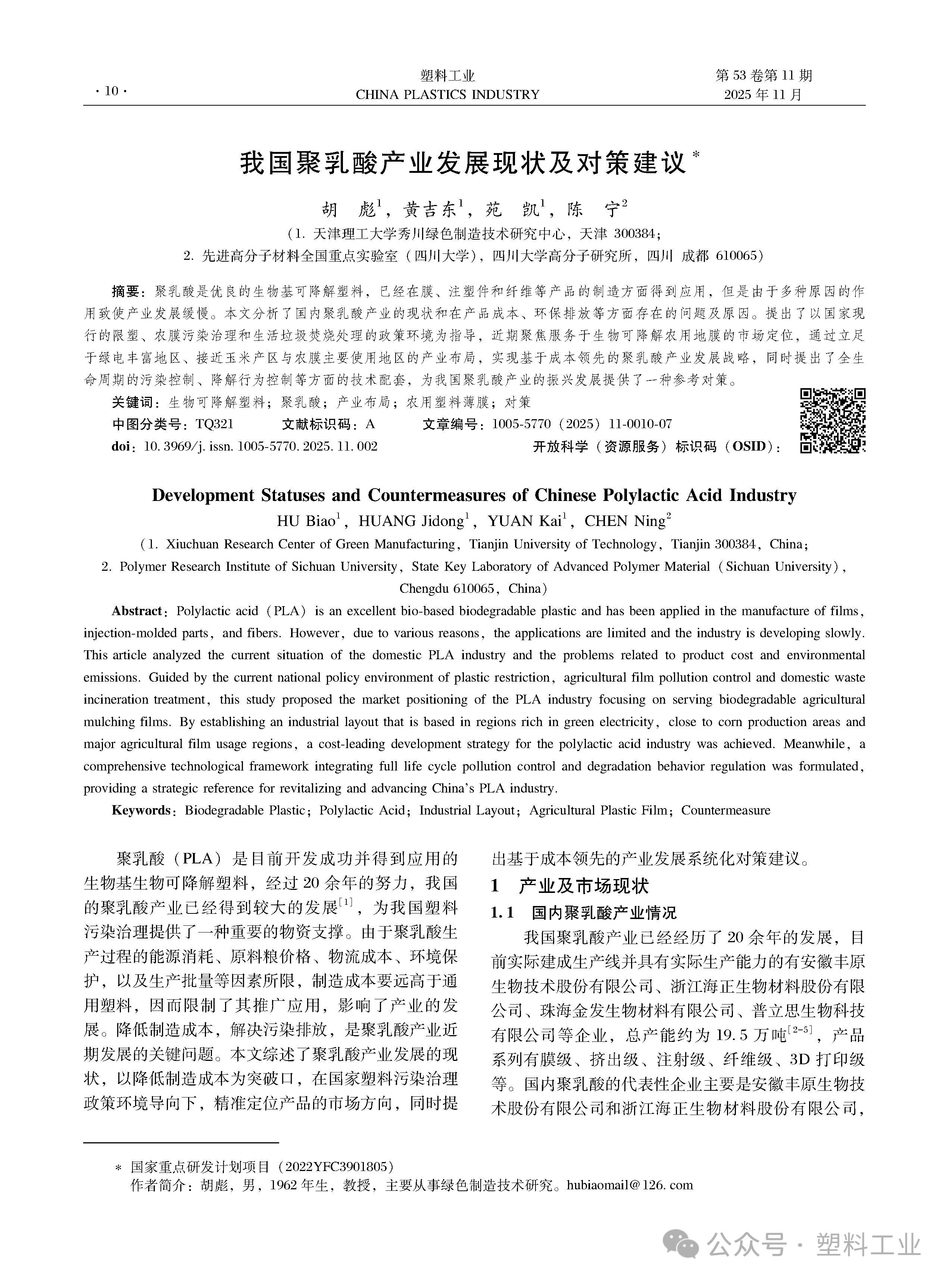TK Bio based Materials learned that "at present, breakthroughs in biomolecular glass are expected to promote China's leading role in new bio based materials and even in the field of electronic information chemicals." Yan Xuehai, a researcher at the Institute of Process Engineering of the Chinese Academy of Sciences, has a very firm attitude towards the long-term value of his research direction.

Image | Yan Xuehai (Source: Yan Xuehai)
Recently, Yan Xuehai and his team successfully developed a new type of high entropy non covalent cyclic peptide glass. This glass exhibits excellent enzyme tolerance, anti crystallization, and mechanical properties, laying the foundation for the development of new bio based medical materials and intelligent functional devices.
This achievement has opened up a highly promising new paradigm for the design and development of non covalent cyclic peptide glasses, which is expected to promote progress in the field of biomaterials and drive the birth of new technologies based on non covalent glasses.
During the research process, Yan Xuehai's team found that precise regulation of the composition and proportion of cyclic peptides can effectively adjust the glass transition temperature, mechanical properties, and enzyme degradation time of high entropy non covalent cyclic peptide glasses.
Given that many cyclic peptide molecules possess both biological and pharmacological activities, this achievement can provide powerful assistance for the design of glassy formulations and controlled release of cyclic peptide drugs.
In addition, this new type of glass can also integrate other functional components such as organic small molecules and nanoparticles, providing a new approach for developing multifunctional and sustainable non covalent glasses.
Therefore, we have reason to believe that in the near future, high entropy non covalent glass will have its unique application potential in the fields of biomedicine and intelligent devices, "he said.








